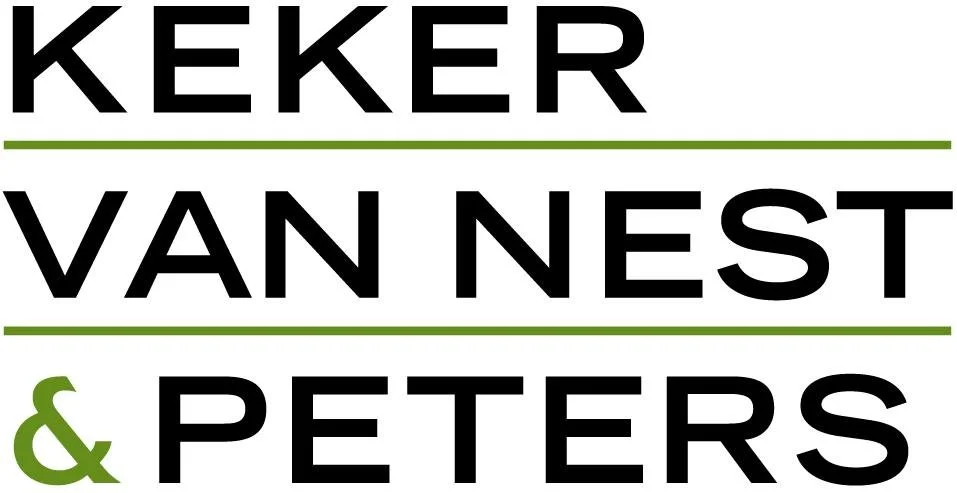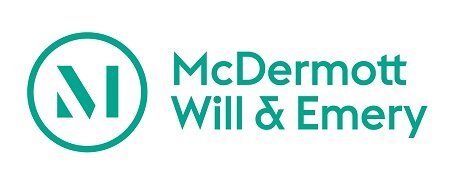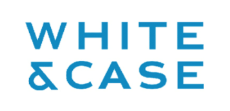The APABA Silicon Valley IP Committee is proud to present the event "Patent Infringement Reasonable Royalty Damages: Apportion the Increment?"
In any patent infringement matter, one of the first questions that must be addressed is: “What is our exposure?” Over the years, this seemingly simple question has proven difficult to answer in view of how differently patent infringement plaintiffs and defendants have approached damages calculations. Although a number of recent Federal Circuit decisions have addressed patent damages calculation methodologies, some significant areas remain unresolved. One such area is highlighted by a recent decision in Good Technology Corp. v. MobileIron Inc., in which the Court addressed the propriety of a reasonable royalty theory that allocated 100 percent of an accused infringer’s incremental profits to the patentee. The Court’s decision sparked a series of articles on both sides of the issue, and in our presentation, you will hear debate from the articles’ authors and commentary from the expert whose opinion who sparked the debate.
A single paragraph in Judge Grewal’s July 10 Order denying a Daubert motion directed at excluding damages expert Richard Eichmann’s, NERA Economic Consulting, testimony in Good Technology Corp. v. MobileIron Inc. led to a pitched battle over patent infringement reasonable royalty damages analysis in the normally staid pages of online IP news service IP360. Gibson, Dunn & Crutcher’s William Rooklidge and law student Andrew Brown decried the Court’s ruling in an article arguing that a methodology that awards the patentee 100% of the accused infringer’s expected profits as reasonable royalty damages violates a fundamental premise of the hypothetical negotiation analysis, constitutes an impermissible rule of thumb, and should have been excluded. Economists Michael Chapman and John Jarosz responded in a Law360 article of their own, arguing that the Good decision allowing a reasonable royalty equal to all of the incremental contributions that the patent owner made to a product’s success is not a rule of thumb, but is instead good economics. In a little over a month, the authors fired back and forth in a series of five articles citing scholarly articles and Supreme Court, Federal Circuit and district court opinions, and revealing a deep divide over fundamental issues in patent infringement damages. Authors Chapman, Jarosz and Rooklidge, as well as the expert whose testimony ignited the debate, Eichmann, will engage in a panel discussion of this cutting-edge debate moderated by Gibson Dunn attorney and APABA member Frank Cote.
Panelists:
- Michael J. Chapman, Vice President, Analysis Group, Inc.
- Richard Eichmann, Vice President, NERA Economic Consulting
- John C. Jarosz, Managing Principal, Analysis Group, Inc.
- William Rooklidge, Gibson, Dunn & Crutcher LLP
Moderator:
- Frank Cote, Gibson, Dunn & Crutcher LLP
RSVP:
Registration required. RSVP to ip@apabasv.com before November 19.
Check-in begins at 11:30AM; Program starts at 12PM.
1 hour of MCLE credit for California is available, pending approval.
























